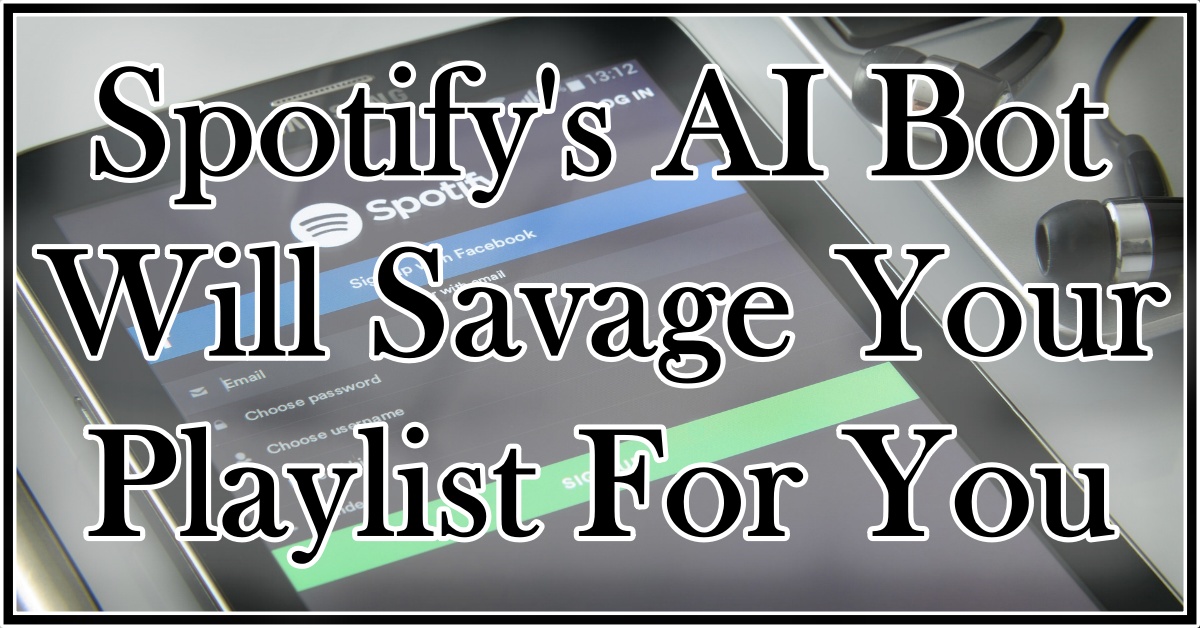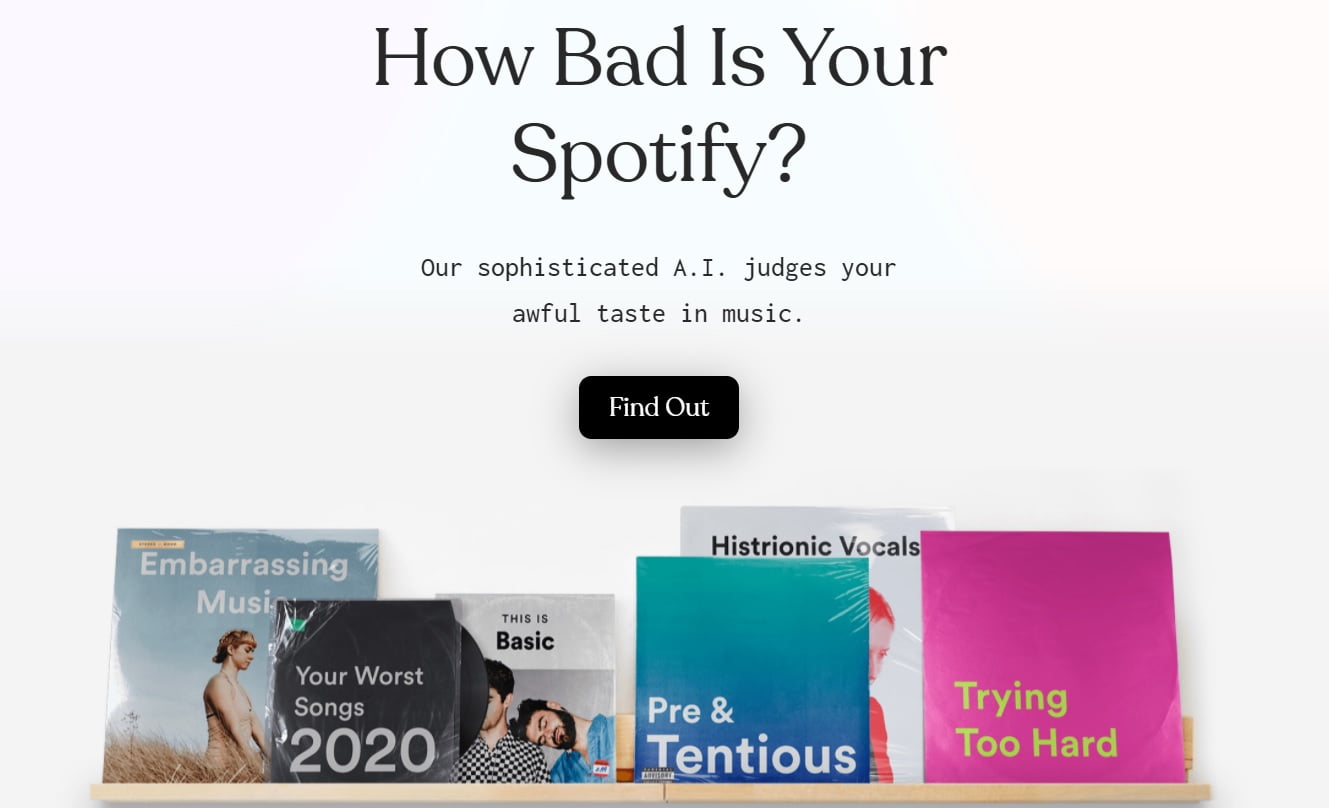
However, the largest audio streaming business in the world notes that the decision did not stem from the artificial origin of the music, but from the fact that the songs were being used to collect royalties on behalf of fraudulent accounts.
#Spotify ai bots how to
The problem of artificially inflated traffic will get a lot worse unless both business and society learns how to reduce the wasteful load and punish the criminals responsible.Spotify is overflowing with songs made by artificial intelligence (AI) and deleted tens of thousands of them this week in an attempt to stem the spate of fraud. We cannot afford to be complacent about the problem of artificial traffic clogging networks. Meanwhile, there are growing demands for subsidies to pay for network infrastructure to cope with increased volumes of traffic. The ability of machines to simulate humans will get better and cheaper as time goes on. It is understandable that a business which has fallen victim to fraud will not want to air its dirty laundry in public, but anti-fraud professionals need to avoid being so tightly bound to specific fraud scenarios or narrow industry verticals that the experience they gain from mitigating fraud is never reapplied elsewhere. Many businesses are acting as if they have to begin from scratch when determining how to implement know-your-customer (KYC) controls or how to detect anomalous patterns in user behavior.

Whether it involves making a call, sending a text message, watching a video or playing a song, the fraud of using machines to generate traffic that simulates human behavior is always essentially the same. I am seeing a tendency where the same generic problem of artificial traffic inflation keeps being handled as if each instance is new and unique. Spotify refused to give an explanation, but it is believed access to the accounts had been compromised and they were used to play songs without the knowledge of the genuine account holder. At the end of 2018, many Spotify users questioned the inclusion of bands and songs they had never heard of amongst lists of the songs they most commonly listened to. There are other ways to artificially generate streaming traffic that do not involve bots creating fake accounts. Businesses like Spotify can change the cost dynamic by both removing bot accounts from their platform and by removing the content that is played by the bots. Streaming platforms need to be wary of bot accounts becoming so numerous that the cost to criminals of using a bot to play a track is lower than the royalties they receive when the track is played. Submit your songs to streaming platforms and get paid when people listenĪs the Financial Times points out, it is also easy to find websites which promise to generate thousands of new plays for a song on Spotify in exchange for payment. The following messages are presented near the top of their home page:Ĭreate original songs in seconds, even if you’ve never made music before However, Boomy is not shy about encouraging users to make money. Nobody has suggested that Boomy is artificially generating traffic.

The ability to upload from Boomy to Spotify was restored less than a week later. In addition to removing songs made using Boomy, Spotify also interrupted the pipeline of uploads from Boomy. This means somebody with no musical talent can use Boomy to rapidly produce an original song, then upload it to Spotify in the hope of receiving royalty payments each time the song is streamed. Boomy says more than 14mn songs have been created using their system. Users give a description of the kind of music they would like to listen to, then Boomy’s algorithms generate a new song from that description. It advertises itself as making generative music with artificial intelligence. The Boomy songs were removed because of suspected “artificial streaming” - online bots posing as human listeners to inflate the audience numbers for certain songs.īoomy is an American business that launched in 2021. Recording giant Universal Music had flagged to all the main streaming platforms that it saw suspicious streaming activity on Boomy tracks, according to another person close to the situation. Spotify, the largest audio streaming business, recently took down about 7 per cent of the tracks that had been uploaded by Boomy, the equivalent of “tens of thousands” of songs, according to a person familiar with the matter. That is the moral of the story as Spotify, the music streaming platform, struggles to deal with the interaction between machine-generated songs and bots that mimic the behavior of human users by streaming music solely to generate revenue for the music’s owners.

If criminals can make money by inflating network traffic then criminals will make money by inflating network traffic.


 0 kommentar(er)
0 kommentar(er)
